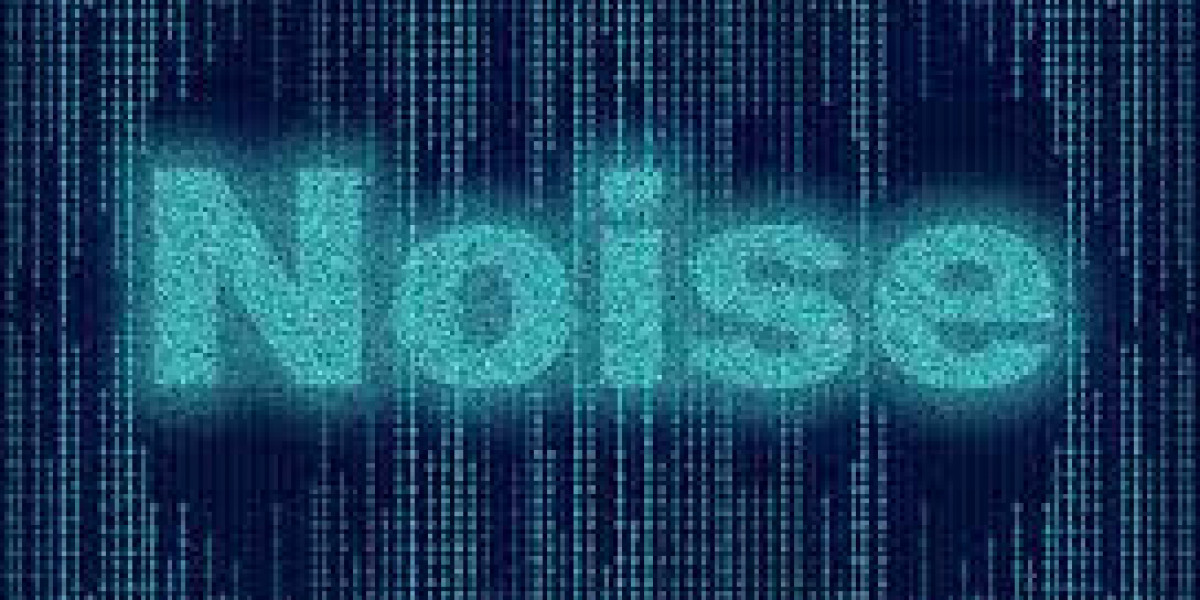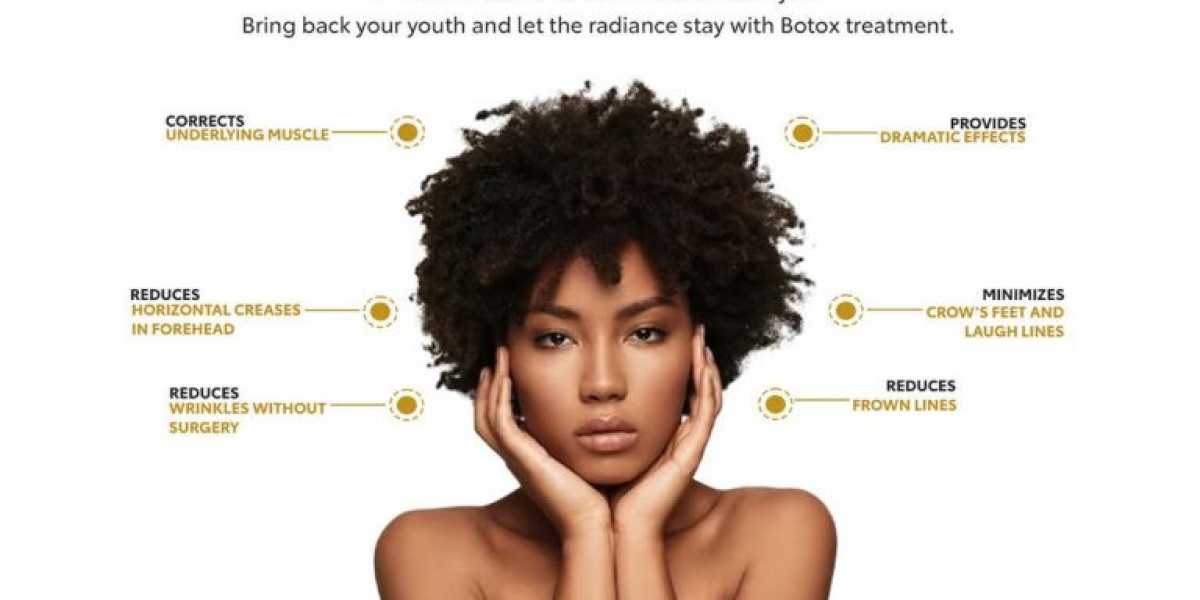There’s a strange silence that comes after the screen goes dark.
Not the kind of silence that feels empty or lonely — but the kind that sharpens the edges of your thoughts, the one you didn’t know you were craving until it arrived. For most of us, the days are crowded with pings, scrolls, alerts, and flashing red dots that promise “just one quick check.” Somewhere between the morning coffee and the late-night scroll, the hours slip away.
And then, sometimes by accident, we unplug — and suddenly realize just how loud our “quiet” days really are.
The Noise We Don’t Notice Anymore
Digital noise is rarely the roar of something obvious. It’s the dozens of small things, stacking up.
The friend’s “urgent” meme at 7 a.m.
The group chat that moves so quickly you forget where the conversation started.
The email that insists you reply immediately — to something you didn’t even ask for.
In a way, it’s not even about devices. It’s about attention — where it gets pulled, how it’s fractured, and how often it’s stolen without consent. This constant churn makes stillness feel unnatural, even suspicious.
Some people don’t even realize how much they’ve adapted to the buzz until it’s gone. Others — maybe you — have already felt it: that disorienting quiet when you step away from your phone for more than a few hours.
When You Step Back, the World Expands
There’s a phrase I once read that stuck with me: “Silence isn’t empty — it’s full of answers.”
The first time I deleted my social media apps for a weekend, I expected boredom. Instead, I found details I’d been walking past for months. The smell of warm bread drifting from the bakery two blocks down. The way sunlight pooled in the corner of my living room. The sound of my own footsteps.
This isn’t romanticizing a digital detox for the sake of it. Technology isn’t the villain here — but it is a relentless companion. One that often demands more than it gives back. And every now and then, we need to renegotiate that relationship.
The Slow Art of Choosing Less
Clarity doesn’t arrive in a dramatic wave. It comes in small, deliberate moments.
The choice to read a single article all the way through instead of skimming ten headlines.
The decision to let a text sit unanswered until you have the energy to reply with intention.
The quiet rule you make for yourself: no phone at the table during dinner.
These aren’t grand gestures. They’re micro-boundaries. And each one opens a small pocket of space — a place where thought can breathe.
Where Clarity Hides in a Fast World
Slowness can feel impossible in a culture that rewards speed. But clarity lives in places we often overlook:
| Small Shift | Why It Works | How to Try It Today |
|---|---|---|
| Morning with no screens | Gives your brain a buffer before incoming noise | Delay phone use for the first 30 minutes after waking |
| Single-tasking | Reduces mental “tab-switching” fatigue | Do one task for 25 minutes before switching |
| Nature micro-breaks | Natural sound and light reset your nervous system | Step outside for 5 minutes every few hours |
| Written reflection | Turns scattered thoughts into patterns | Keep a one-page daily notebook |
| Intentional input | Shapes your mental diet | Follow fewer, more meaningful sources |
Why the Fast Lane Feels Safer (Even When It’s Not)
Here’s the paradox: most of us cling to speed because it feels like control. If you can answer every email in under two minutes, you must be on top of things, right?
The reality is different.
Living in constant reaction mode means you’re not steering — you’re being steered. Your time is carved up into such thin slices that no single slice is nourishing.
When the noise fades, you might feel uneasy at first. The space feels foreign. But soon, that unease becomes curiosity. Then curiosity becomes clarity.
Finding Your Quiet Without Disappearing
It’s not about going off-grid or abandoning the tools that connect us. It’s about keeping enough space between you and the noise so you can still hear your own voice.
Some people find that space in meditation. Others in running, or cooking, or even the slow ritual of brewing tea. For me, it often begins with reading something thoughtful on MistyInfo.blog — a place where long-form still has value, and the pace isn’t dictated by the next refresh button.
The point isn’t the method. It’s the intention: to create a pause that’s yours alone.
Soft Benefits of a Quieter Digital Life
Better Decision-Making – You stop reacting instantly and start responding intentionally.
More Creativity – Ideas surface when they’re not competing with constant input.
Deeper Relationships – People feel your presence more when it’s undivided.
Physical Relief – Fewer headaches, less eye strain, and a calmer nervous system.
Time You Can Actually Feel – Hours that aren’t eaten by endless micro-interruptions.
An Ending That’s Really a Beginning
Clarity isn’t a one-time event. It’s something you re-choose every day, often in moments too small to notice — until you look back and see the shift.
When the noise fades, you start to remember things: the shape of your own thoughts, the rhythm of your own days, the way life feels when you’re actually in it.
You can’t mute the world forever. But you can learn when to turn the volume down — and that’s enough to change everything.
See More On: Archaicpressmagazine.com
Short FAQ
Q: Do I have to quit social media to find clarity?
A: No — it’s about reducing mindless use, not total removal.
Q: How long should I unplug to notice a difference?
A: Even an hour a day can have noticeable effects.
Q: What if my work requires constant online access?
A: Try intentional pauses between tasks instead of long breaks.
Q: Will I feel bored at first?
A: Possibly — but boredom often gives way to creativity.
Q: Can I still stay updated without being overwhelmed?
A: Yes, by curating fewer, higher-quality information sources.
Q: How does this help mental health?
A: It reduces overstimulation, which can lower stress and anxiety.
Q: Is this the same as a “digital detox”?
A: Similar, but more about ongoing balance than short-term cleansing.












